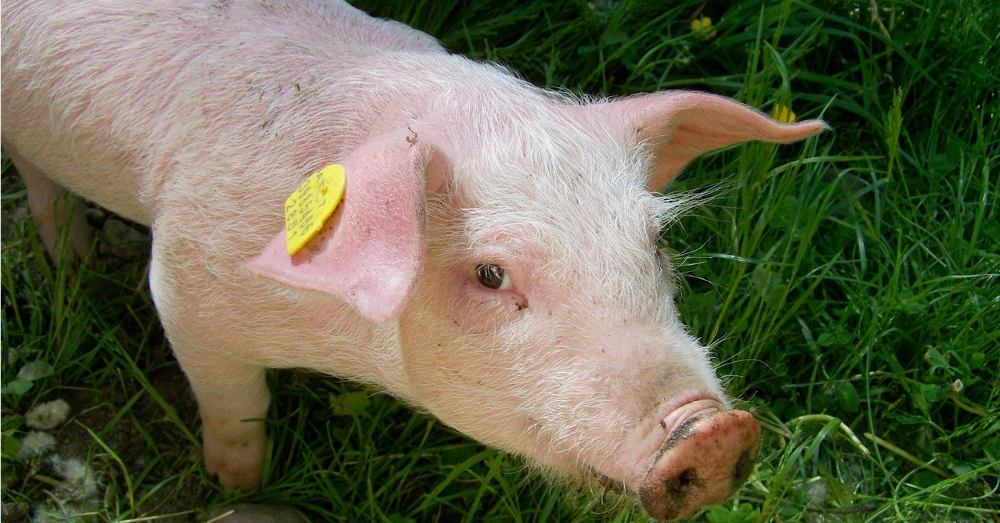
The Losers in Organic Farming
Farmers are, among other things, business people – they produce products to sell, hopefully at a profit.
So with this in mind, it puzzles me as to why more farmers won’t consider switching to organics?
June 17, 2017 | Source: AgriLand | by Dermot McNally
“Be sure to take all your organic information with a pinch of salt.”
Farmers are, among other things, business people – they produce products to sell, hopefully at a profit.
So with this in mind, it puzzles me as to why more farmers won’t consider switching to organics?
The question occurred to me in our local supermarket. I noticed that the rashers in my hand were imported from Denmark. Surely we can satisfy the market for rashers ourselves? The answer is ‘no’. But why?
Is there a shortage of pigs in Ireland? Not a chance. We’ve about 1.3 million pigs being fattened for slaughter in Ireland. That number includes the pink porkers in the farm up the road. I try not to stand down-wind on warm summer days.
Was there something special about the Danish rashers? Not particularly. Just the fact that they were organic, more expensive, and had a higher percentage of pork than the Irish rashers.
The truth is, we can produce run-of-the-mill, conventional pork until the pigs trot into the concrete fattening houses, but not enough organic pork.
It is also surprising because organic farming is generally more profitable than other models – an important starting point.
There are other positives too. Organic farming is generally less intensive, enjoys better margins, attracts better grants, and demand for organic products is outpacing supply – except perhaps for lamb, where there’s little, if any, price premium.
Perhaps it’s because we’re slow to change our ways in Ireland and the transition from conventional to organic farming is challenging. Without doubt organic farming isn’t a cure-all and may not work for many farmers – just as ostrich and deer farming never caught on. Still, none of this explains the low uptake of organic farming in Ireland.
